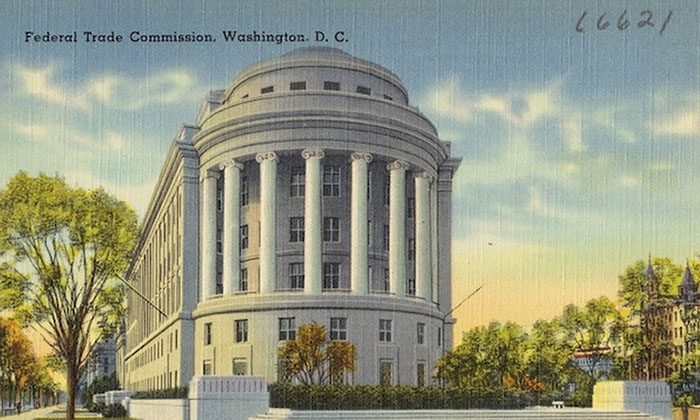For more than 30 years, our country has struggled to delineate the boundaries of domestic intelligence operations. Americans tend to regard those government components exercising national security powers within the borders of the United States (whether under clear authority or not) with an inherent suspicion bolstered by historical experience.
We tolerate the existence of such components but insist that they be highly regulated, particularly with respect to any activities that impinge upon civil society. Historical circumstances influence, but never erase, this regulatory imperative. Despite this imperative, components may occasionally escape regulation – at least for a time – because they are unknown, their missions remain mysterious or only partially understood, or because (intentionally or not) a convincing illusion of sufficient regulation is presented to the examining eye.
